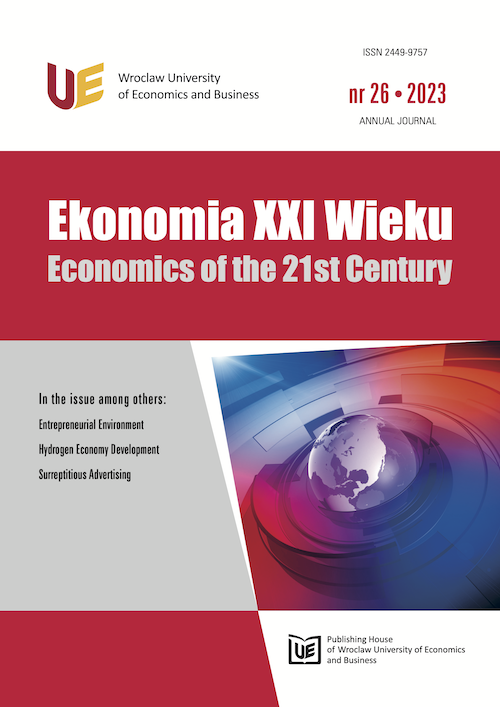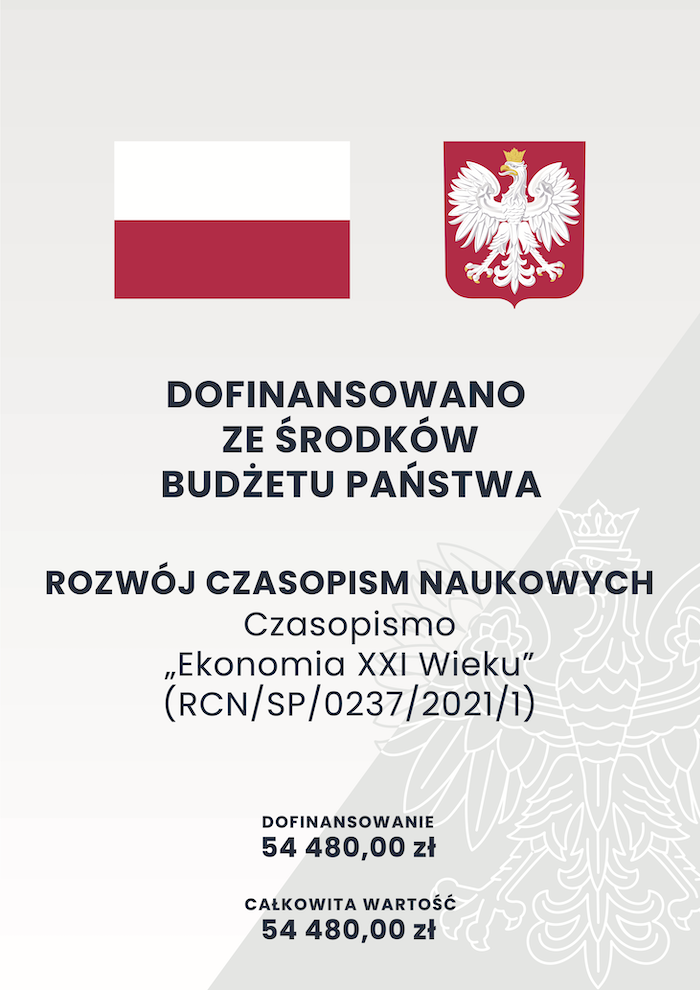Zmowa przetargowa w Prawie zamówień publicznych
Słowa kluczowe:
zmowa przetargowa, niedozwolone porozumienie, prawo zamówień publicznych, czyn nieuczciwej konkurencji, ochrona konkurencjiAbstrakt
Niedozwolone porozumienie ograniczające konkurencję, zwane też zmową przetargową, jest jednym z czynów nieuczciwej konkurencji typizowanym przez prawo antymonopolowe. Jego występowanie wiązane jest z wieloma patologiami rynku, dlatego jest zjawiskiem wysoce niepożądanym i eliminowanym z obrotu gospodarczego. Na gruncie zamówień publicznych zjawisko zmowy przetargowej jest szczególnie szkodliwe, ponieważ prowadzi do nieefektywnego gospodarowania środkami publicznymi. Z tego powodu ustawodawca włączył przesłanki wystąpienia zmowy przetargowej w instytucje prawa zamówień publicznych, służące zamawiającemu do ochrony konkurencyjności postępowania. Niniejsza publikacja skupia się na analizie porównawczej modelu porozumienia zakłócającego konkurencję, unormowanego na gruncie ustawy o ochronie konkurencji i konsumentów oraz przepisów Prawa zamówień publicznych. W drugiej z tych ustaw wyróżniona została zmowa przetargowa jako przesłanka wykluczenia podmiotowego wykonawców oraz odrzucenia ofert złożonych w warunkach czynu nieuczciwej konkurencji. Jednakże, w ramach przepisów p.z.p., definicja zmowy przetargowej obowiązująca w prawie antymonopolowym została zmodyfikowana, co ma wymierne skutki w zakresie stosowania tych norm przez zamawiających oraz organy orzecznicze.Pobrania
Statystyki pobrań niedostępne.
Pobrania
Opublikowane
2024-03-05
Numer
Dział
Artykuły
Licencja
Prawa autorskie (c) 2023 Martyna Skrobotowicz

Utwór dostępny jest na licencji Creative Commons Uznanie autorstwa – Na tych samych warunkach 4.0 Miedzynarodowe.







